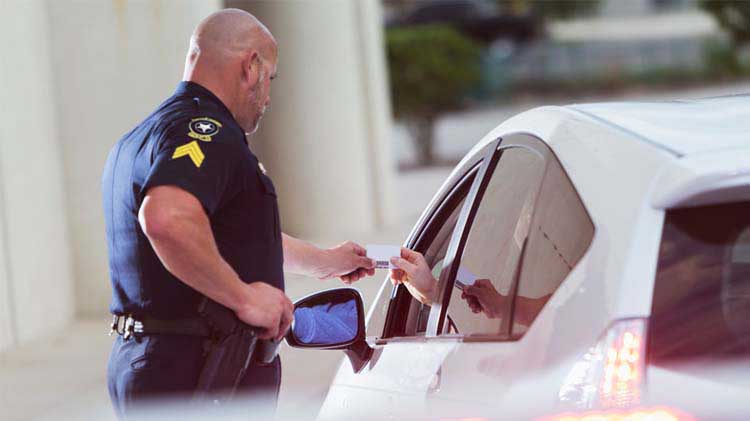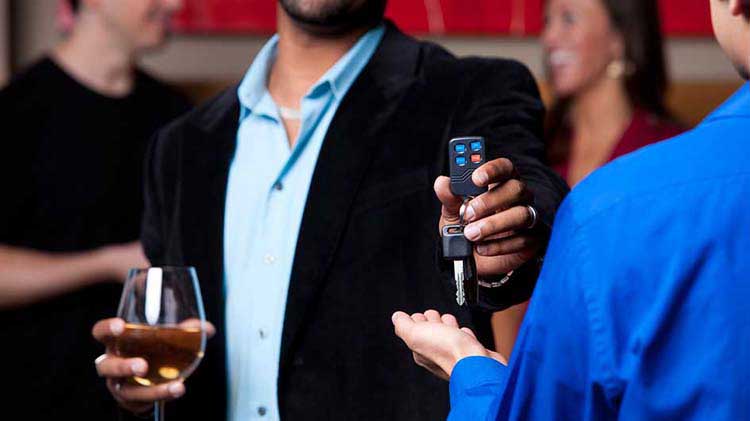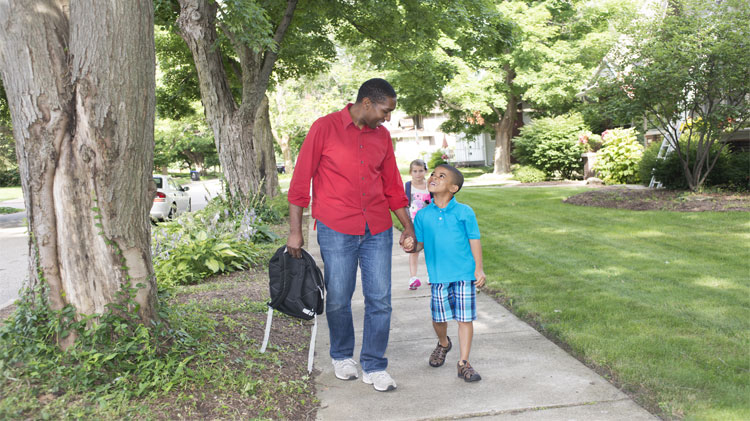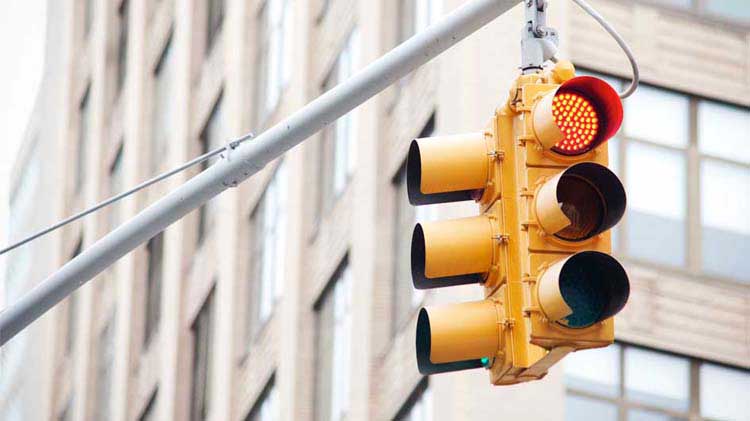The real consequences of drunk driving
Injuries, loss of life, jail, lost licenses, higher insurance rates: Drinking and driving isn't worth it.
Plenty of people know that drinking and driving don't mix — but many still do it. Alcohol-impaired driving is the cause of thousands of drinking and driving accidents and fatalities each year. NHTSA data shows that during 2021, 13,384 people died in accidents that involved drunk driving. Drinking and driving is dangerous. Just one drink or a small number of drinks can make you unsafe behind the wheel and put your life and the lives of others at risk.
What is drunk driving?
States differ in what they call it — driving under the influence, driving while intoxicated, drunk driving or impaired driving — but in general, a baseline blood alcohol concentration (BAC) of .08 grams per deciliter (g/dL) or higher is considered alcohol-impaired. For those age 21 and under, zero-tolerance laws criminalize driving with any amount of alcohol. States may also have enhanced penalties in place for those who drive with very high BACs, drive impaired with minors in the vehicle or have multiple convictions.
Physical effects of alcohol in your body
The NHTSA shares that when you drink alcohol, you may experience some physical consequences that will affect your ability to drive. Body functions will be altered more as the alcohol level in your body increases. Some effects are:
- Vision – Alcohol can blur your vision, cause double vision and may make it difficult to focus.
- Color distinction – A person’s ability to distinguish colors, such as on road signs, can be affected.
- Judgment – Past experiences and knowledge are stored in your brain, but alcohol can impair the area of your brain used for judgement.
- Reaction time – Alcohol can slow your ability to process information and respond while driving.
As a result of drinking, your driving ability to react to traffic, pedestrians, traffic lights and weather events can be compromised. Thus, putting you, your passengers and everyone around you at risk of serious injury or death.
What are the legal consequences of drunk driving?
Alcohol impaired driving is interpreted differently by some states and varies in the penalties and consequences. When you drink and drive, you're compromising cognitive ability and responsiveness, which increases your risk for an accident. Get caught, and a single drunk driving infraction may have legal, financial, personal and even professional ramifications. The Governors Highway Safety Association has state by state information about consequences of drinking and driving. It also provides a state by state breakdown of alcohol-impaired driving laws.
- Many states suspend your license for varying lengths of time — sometimes up to a year. Multiple convictions typically equal a revocation of a license.
- Some states require mandatory jail time — even for a first offense — as well as fees and fines.
- You may be required to install an ignition interlock device on your car; if it detects alcohol, it will prevent you from operating the vehicle.
- A single drunk driving conviction may lead to job loss or restrictions (i.e., operating company vehicles).
- Higher insurance rates almost always accompany drunk driving convictions and may put your current insurance policy at risk.
- If you caused an accident while drinking and driving, punitive damages may be claimed against you. Many states will not allow your liability insurance to pay for punitive damages so you may find yourself personally exposed for such damages.
How can you stop drinking and driving?
Make good decisions and plan ahead. Here are some ways to help avoid drunk driving:
- Always choose a designated driver — every time you go out.
- If you go out alone, do not drink alcohol. Instead, order a non-alcoholic beverage such as a soft drink or water.
- If you've been drinking, call a taxi or ridesharing service for a ride.
- Never get in a car with a driver who has been drinking.
How drinking and driving can impact your insurance
If you are convicted of a DWI or DUI offense, your insurance rates will likely increase dramatically. How much will depend on your coverages and where you live. According to Forbes Advisor, car insurance rates go up 70% on average after you have had a DUI. Additionally, you may need to obtain an SR-22 document to verify you have purchased auto liability insurance.
Now that you have learned about the consequences of drunk driving accidents, you may be interested to learn more about other safe driving topics like essential skills for teen drivers, car safety features or what to do if your car catches fire.




